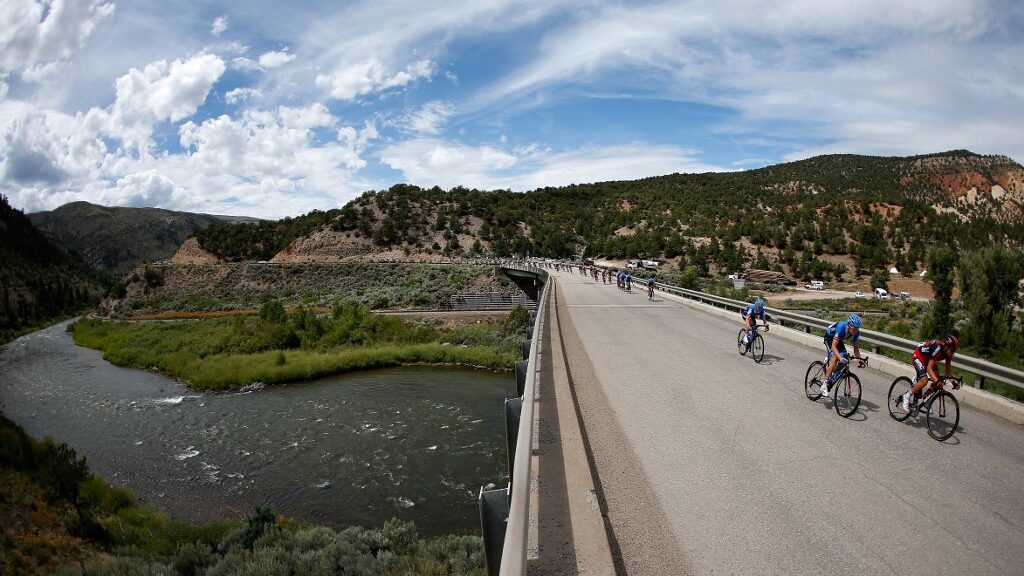
Depending on what voters decide in November, more sports betting money may soon be flowing to Colorado’s water conservation efforts.
Governor Jared Polis signed House Bill 1436, which addresses this issue. This means residents will vote on whether to allocate Colorado sports betting revenue toward water conservation and protection projects, or for regulation costs and responsible gaming.
“Water is Colorado’s most precious natural resource, because it powers everything we do, from agriculture to our outdoor recreation economy, which is why I am fighting tooth and nail to secure our state’s water future,” said Sen. Dylan Roberts. “Now, we’re giving Colorado voters an opportunity to join in the fight and allow sports betting revenue to fund critical water projects that will benefit communities across our state.”
What Voters Will Ultimately Decide in November
This all started back in 2019 when Proposition DD, which legalized sports betting, was approved. As part of an effort to gain bipartisan support for the measure, they set a $29 million cap on the amount of taxes that could be collected. Any revenue exceeding that cap returns to the betting operation, including casinos.
The plan imposes a 10% tax on licensed sports betting proceeds. Most of the revenue, up to $29 million, funds water projects. If tax collections exceed $29 million, the legislature decides how to refund the surplus under the Taxpayer’s Bill of Rights. But this is where House Bill 1436 comes in.
Now, if voters reject the ballot measure, the state will refund any excess tax revenue to sports betting operators. This provision aims to encourage a ‘yes’ vote by highlighting water conservation concerns and the Colorado River crisis. Since 2021, nearly $43.1 million has been allocated to water initiatives, significantly benefiting conservation efforts. And a lot more is expected.
New Estimates Far Exceed The Cap
But there is something else at play here. In 2019, the cap was calculated using extremely limited data because Colorado was one of the first states in the country to legalize sports betting.
This year, the revenue is expected to exceed that cap by almost $3 million, according to a fiscal analysis by the state. By the 2025-26 fiscal year, it could be an extra $7 million. Colorado estimates profits to reach more than $36 million by fiscal year 2026.
If approved, the funds will be appropriated to the Water Plan Implementation Cash Fund. The funding will support a range of water projects in the state, as determined by the Colorado Water Conservation Board. These projects include physical infrastructure such as water storage, agricultural initiatives, watershed health, recreation and land use planning.








